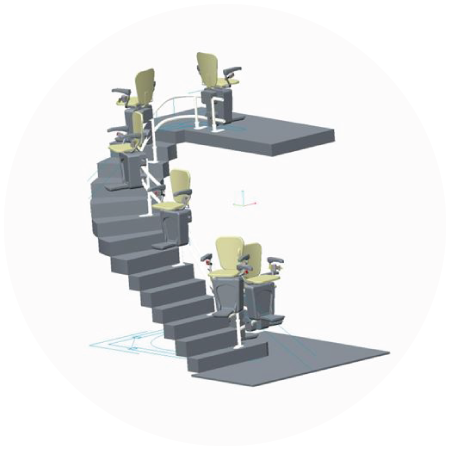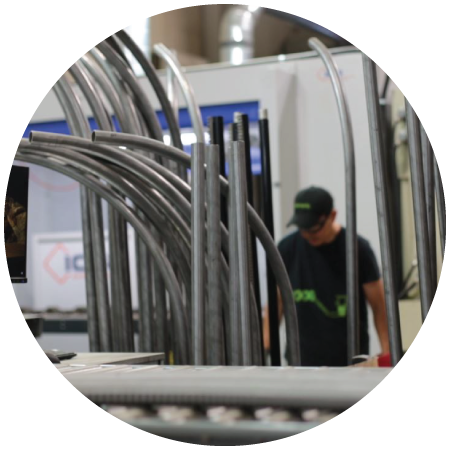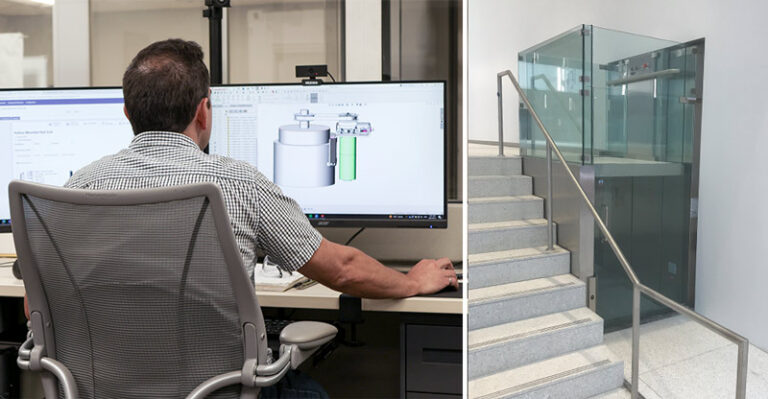Toll Free: 1.888.333.5023
Menu
Enjoy your home for years to come. Wherever you are in your mobility journey, Savaria has the products to help make life easier.
We have thousands of installations around the world, backed by in-house engineering and R&D, North American manufacturing, and a network of local installers across Canada and the United States.
Stay at home with Savaria
Answers to your mobility questions
Learn about better mobility for life
Get connected to your local installer
From home elevators to ceiling lifts
You want to stay in the home you love. We can help make it happen. We are unique in our ability to provide better mobility throughout your home, and throughout your life. From stairlifts to wheelchair lifts, home elevators, through-the-floor lifts and ceiling lifts, we help you access and enjoy every level of your home—indoors and out—safely and independently.
We are the only company that offers this incredible range. We work with you, your family and your medical professionals (if desired) to tailor solutions to your home and lifestyle that meet your needs for today, and tomorrow.
Do you have curved, spiral or even pie-shaped stairs? Live in a split-level home with intermittent landings? No problem. We custom make the rails for your curved stairlift to match the precise measurements of your stairs so you get a tight fit and the smoothest ride.
It’s all thanks to our unique PS4D photo measuring system.

We do a complete digital scan of your staircase

View a 3D render of your stairlift on your stairs

Custom-made rail using the measurement data from PS4D


As an acknowledged world leader in commercial accessibility, engineering is in our DNA. And we apply the same rigorous R&D process and manufacturing standards to every stairlift, wheelchair lift, elevator and patient care product we make for your home.
In fact, many of the models we offer for residential applications are the exact same as the ones you’ll find in public spaces—like hospitals, schools, shopping malls, stadiums, restaurants and places of worship.
What does that mean for you? A safe, robust and reliable lift that’s engineered to perform day-in, day-out for years.
Complete the form to ask a question or get connected with your local Savaria Home Access expert.

We’re all about better mobility for life. As a global leader in accessibility, we make products to help people maintain their personal mobility and independence. Your local Savaria Home Access expert would be delighted to conduct a free assessment to help you select the best products for your needs.
© Copyright 2024 Savaria. All rights reserved.
Privacy Policy | Cookie Policy
QUICK LINKS
GET IN TOUCH
Toll Free:
1.888.333.5023
homeaccess@savaria.com
Outside North America:
1.905.799.5519
10888 Metro Court
St. Louis MO 63043 USA